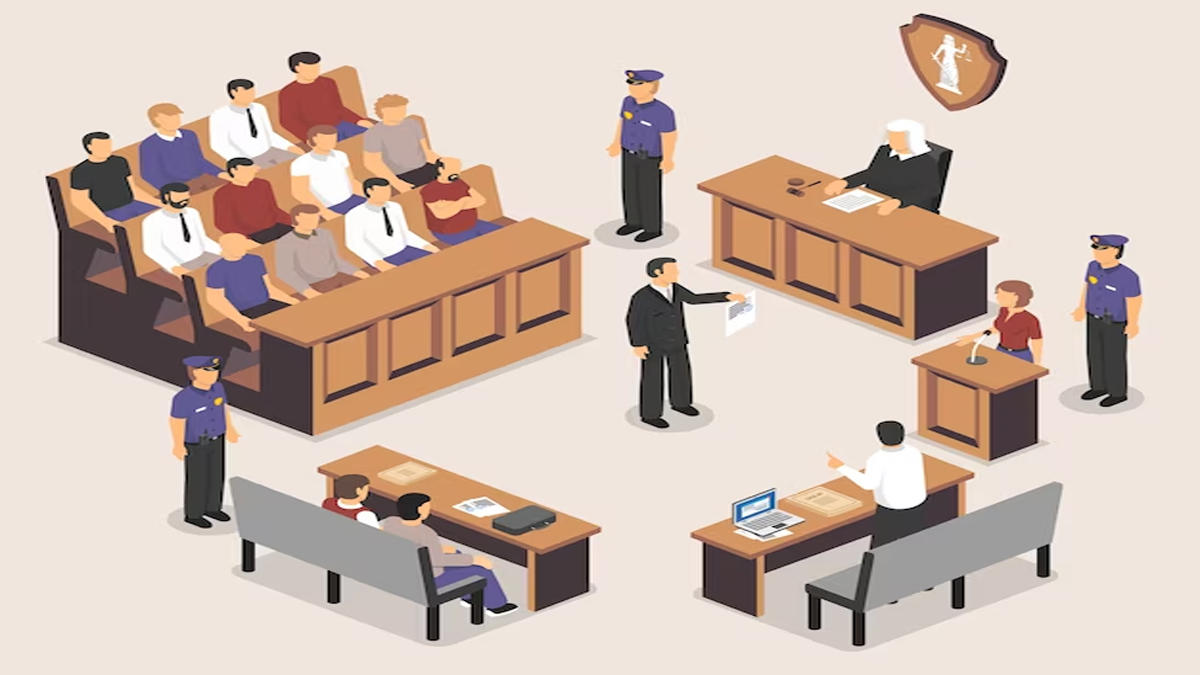The specific regulations and requirements for loan guarantors can encompass several aspects:
- Legal Age and Capacity:
Most countries require loan guarantors to be of legal age and have the legal capacity to enter into contracts. - Creditworthiness:
Loan guarantors may need to demonstrate their own creditworthiness and financial stability to prove that they can fulfill the obligation if the primary borrower defaults. - Disclosure and Consent:
In many countries, lenders are required to provide detailed information to the guarantors about the terms and risks of the loan, and the guarantors must provide informed consent before becoming guarantors. - Documentation:
There is usually a formal documentation process when becoming a loan guarantor. This could involve signing a guarantor agreement or contract, which outlines the responsibilities and liabilities of the guarantor. - Liabilities and Responsibilities:
The legal obligations and liabilities of guarantors can vary. Some countries might limit the liability of guarantors to a specific amount, while others might hold them fully responsible for the loan. - Notice of Default:
Regulations may stipulate that lenders must notify the guarantor when the primary borrower is in default. This could allow the guarantor to take corrective action before the situation worsens. - Release Conditions:
Some countries have regulations that define the conditions under which a guarantor can be released from their obligations. This could be based on the repayment history of the primary borrower or the achievement of certain milestones. - Consumer Protection:
Consumer protection laws might apply to loan guarantors, ensuring that they are treated fairly and provided with clear information about their responsibilities. - Debt Collection:
In case of default, there might be regulations regarding the procedures that lenders must follow when seeking repayment from guarantors. - Family and Friend Guarantors:
In some cases, family members or friends acting as guarantors might have additional protections in place to prevent them from being exploited or coerced into becoming guarantors. - Specific Loan Types:
Different types of loans, such as student loans, mortgages, and business loans, might have their own set of regulations regarding guarantors.
It’s important to note that these points are general guidelines, and the specifics can vary widely from country to country. If you’re considering becoming a loan guarantor or have questions about guarantor regulations, it’s recommended to consult with legal experts or financial advisors in your jurisdiction to get accurate and up-to-date information.
